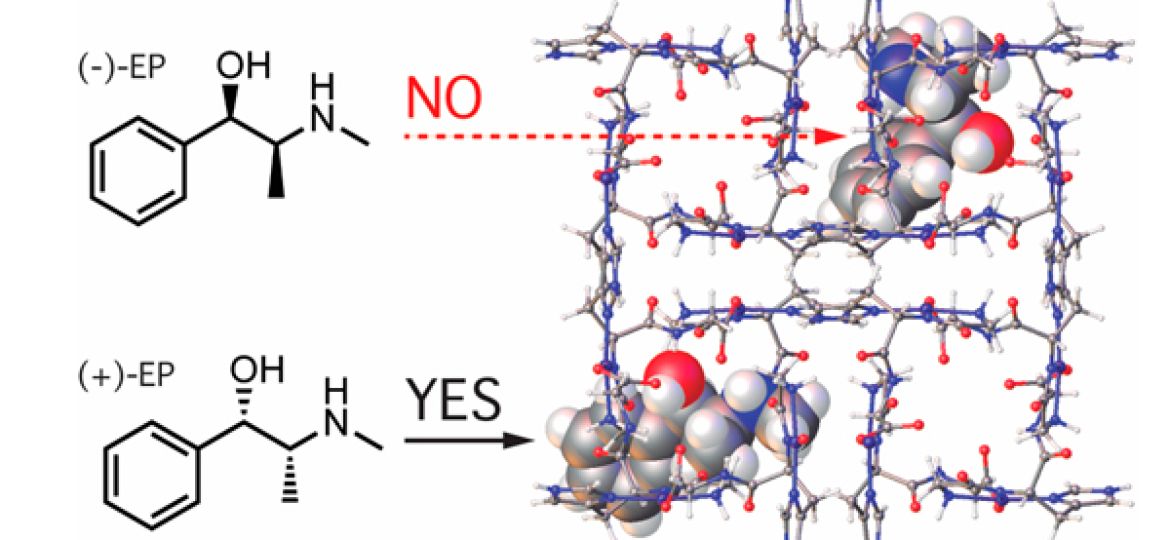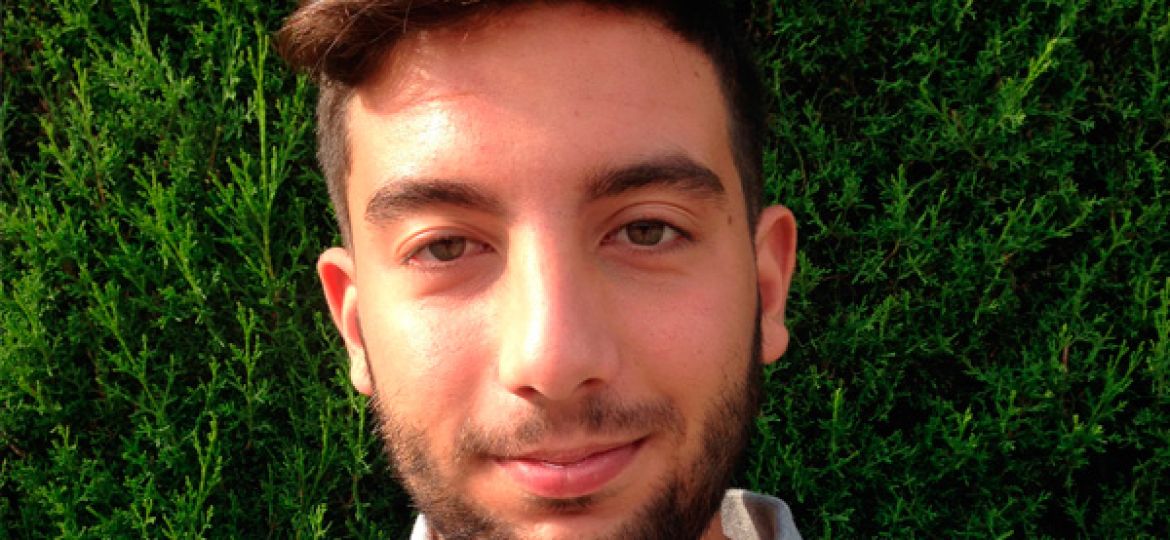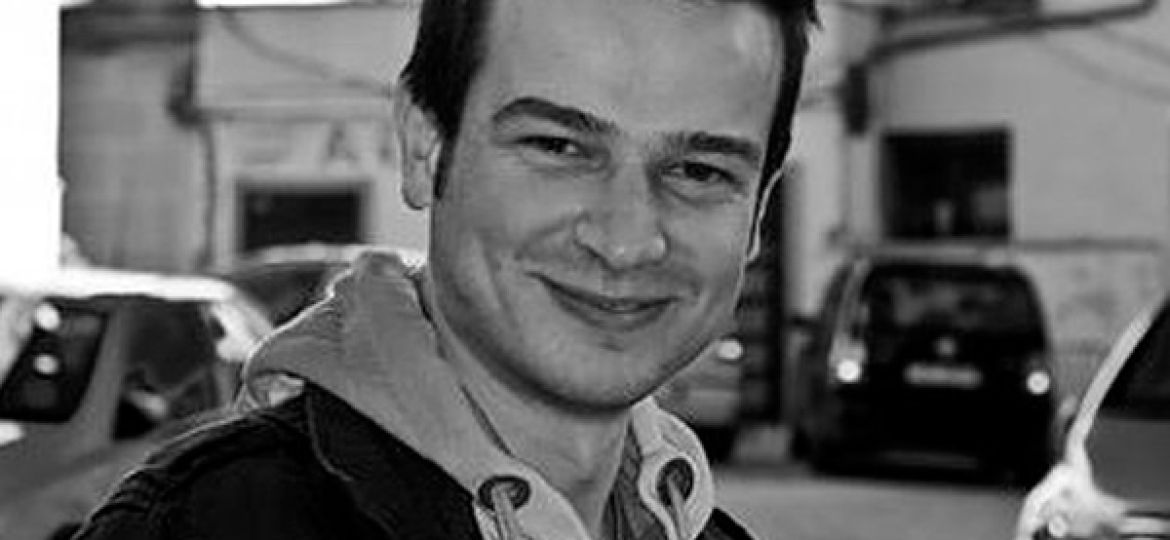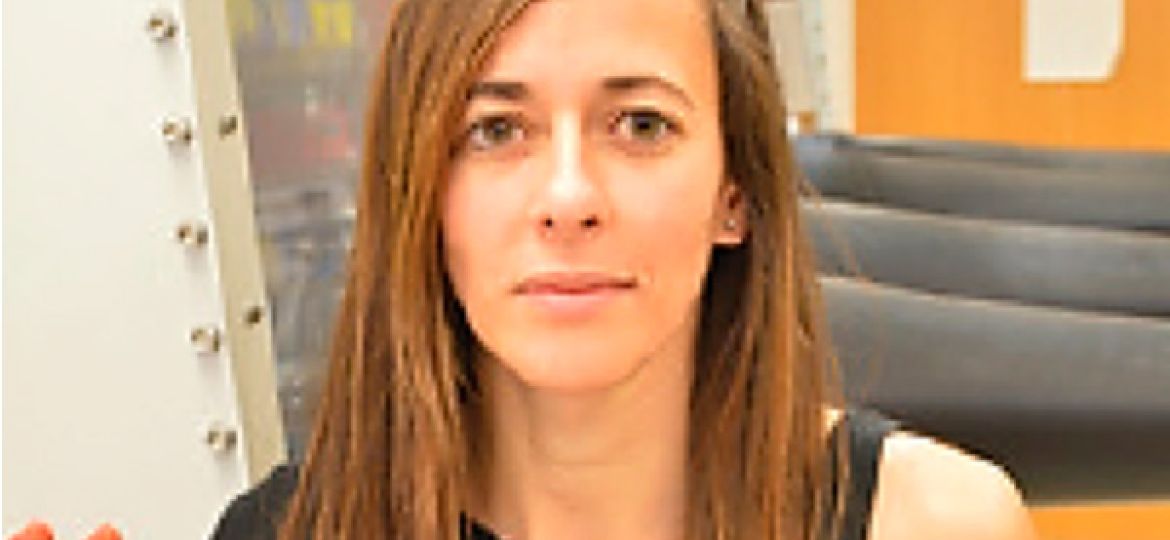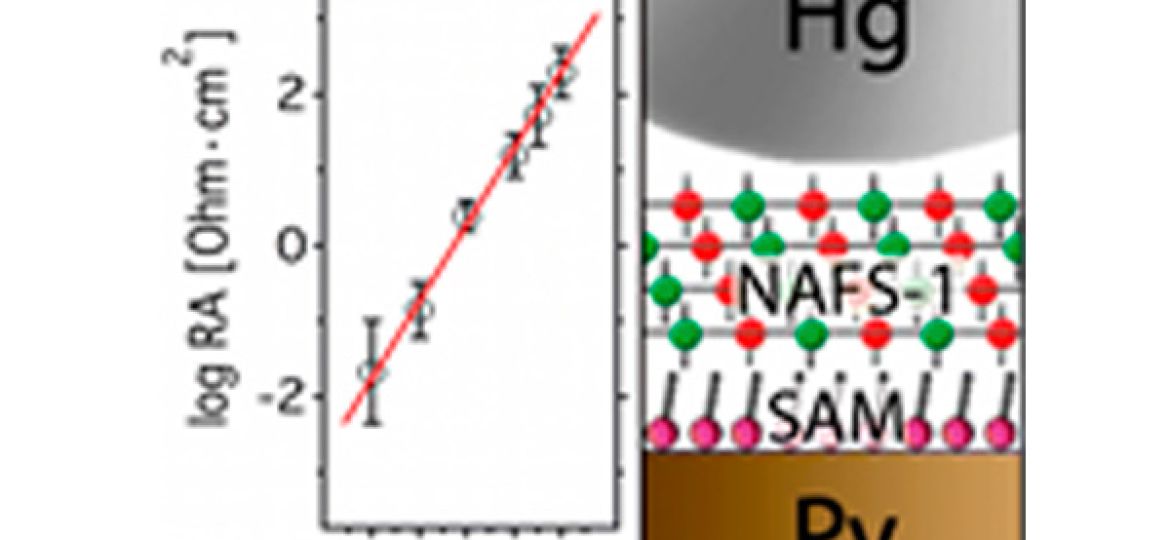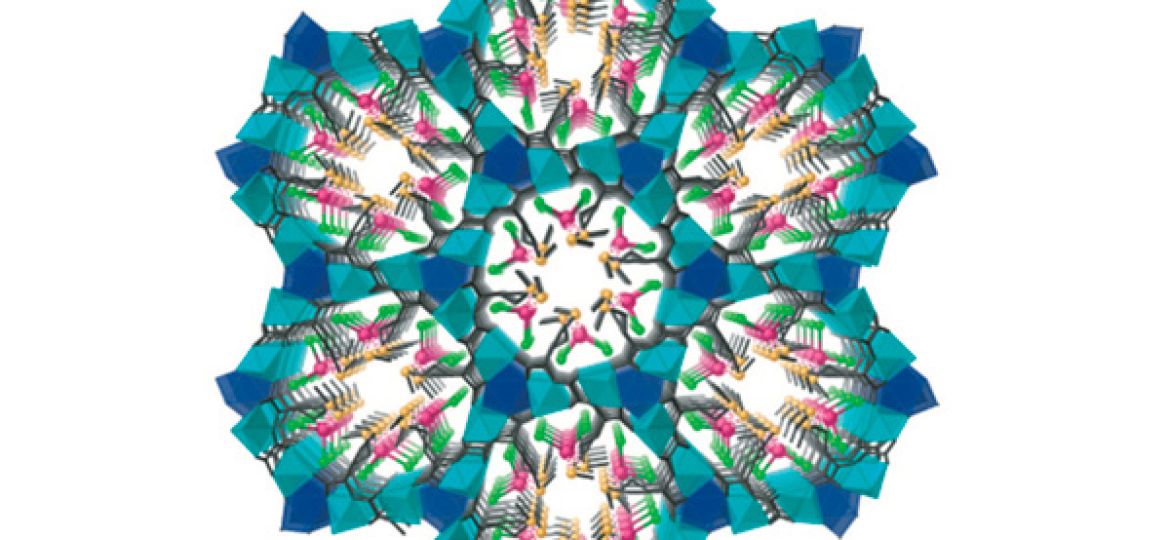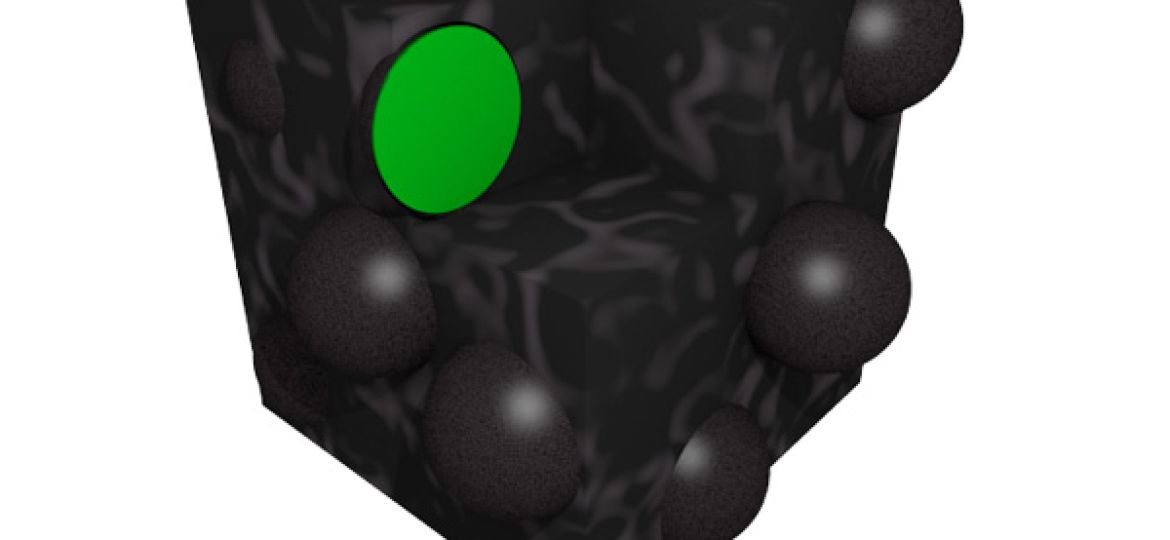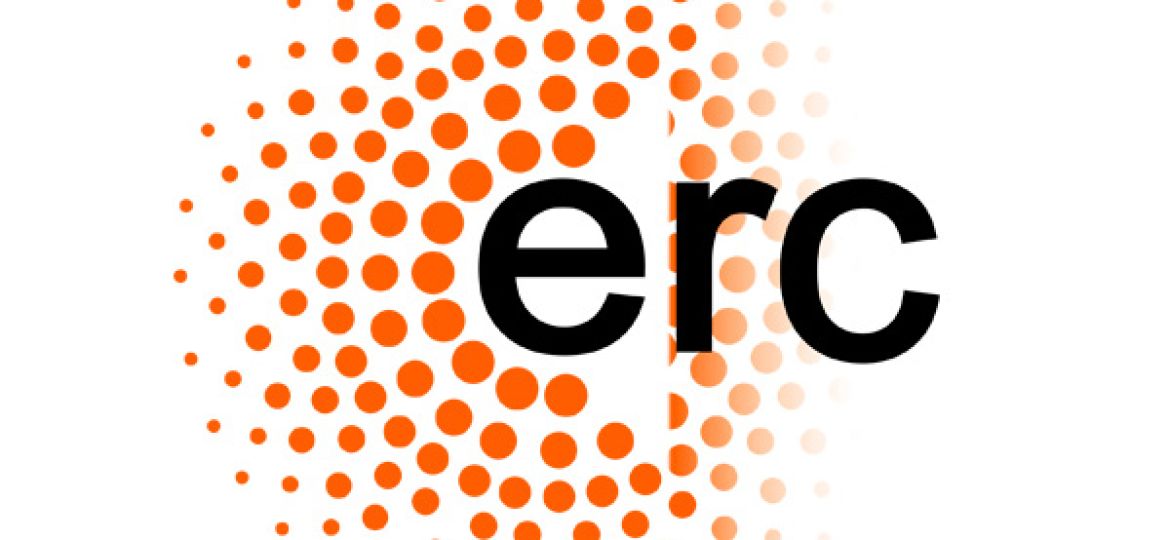José Navarros work has just been published in JACS. In collaboration with the MINOLTA team at UVEG we report the first example of a MOF capable of separating chiral polar drugs. Cu- GlyHisGly is capable of separating more than 50% of the (+)-ephedrine enantiomer from a racemic mixture in only.
Alejandro is Valencia born and bred. He earned a degree in Chemistry from the Universidad de Valencia in 2016 and joins the team as a Master Student. His research will focus on the development of MOFs that feature high-stability and photoactivity.
Gokhan is originally from Turkey and completed his BSc. In Chemical Engineering from the University of Bogazici in 2005. He enrols the team as a Master Student and will be working on the nanostructuration of layered MOFs on solid substrates.
Natalia is originally from Granada and completed her PhD in the Universidad of Granada in 2016 under the supervision of Jorge A. Rodriguez Navarro and Enrique Oltra. She will be working on the synthesis of non-conventional MOF-forming linkers.
Victor Rubios JACS paper reports on the use of self-assembled monolayers (SAMs) to enable the fabrication of highly oriented, ultrathin MOF films across millimetre-scale areas. Electrical conductivity was studied with Hg-drop electrometry. This strategy might be useful for the integration of MOFs as active interfaces in electronic devices.
In collaboration with E. Pardos group at ICMol, this work highlights the potential of flexible MOFs incorporating amino acids to enable efficient removal of mercury from solution. This porous solid displays an adaptable response reminiscent of that responsible for the biological activity of the enzyme mercuric reductase.
Our work on MOFs for supercapacitors has been highlighted in the Chem. Commun. Emerging Investigators Issue. This special issue, now in its sixth year, intends to showcase the high-quality research being carried out by international researchers in the early stages of their independent careers
The European Research Council has awarded an ERC Starting Grant to Carlos. The money will be used to develop advanced porous materials for their implementation in applications of environmental relevance like solar energy conversion or the development of a new generation of electronic devices that combine porosity and electrical response.

